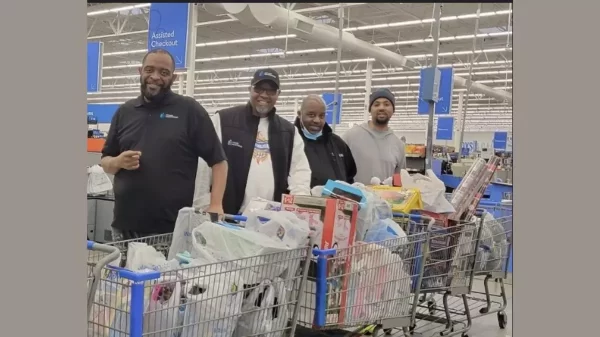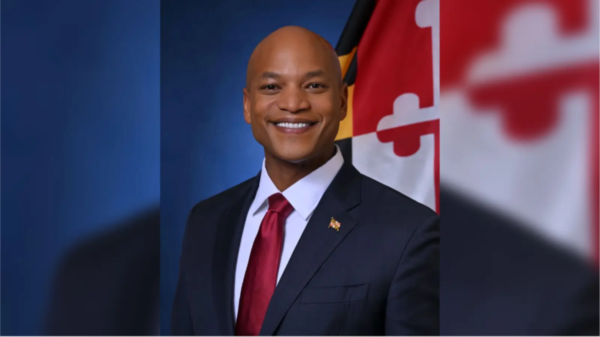BY DR. FROSWA BOOKER-DREW
Many of us have someone that we know impacted by incarceration. According to the NAACP Criminal Justice Toolkit, “There are 3 million people in jail and prison today, far outpacing population growth and crime.” The number of individuals incarcerated in the US increased from 1980 to 2015 approximately from 500,000 to 2.2 million.
As we celebrate Father’s Day, it is important to note the disproportionate number of Black men that are no longer in our communities.
Data paints a picture of the significant impact of incarceration in our community:
- African Americans are incarcerated at more than 5 times the rate of whites.
- Black Americans remain far more likely than their Hispanic and white counterparts to be in prison. The Black imprisonment rate at the end of 2018 was nearly twice the rate among Hispanics and more than five times the rate among whites.
- Black men are especially likely to be imprisoned. There were 2,272 inmates per 100,000 black men in 2018, compared with 1,018 inmates per 100,000 Hispanic men and 392 inmates per 100,000 white men. The rate was even higher among black men in certain age groups: Among those ages 35 to 39, for example, about one-in-20 Black men were in state or federal prison in 2018.
This issue is very personal for me. One of my dear childhood friends is currently serving time in a trustee camp in Texas. Prior to sentencing, he was a dad involved in his daughter’s life. Between splitting responsibilities with her mother, he was the dad that surprised her and friends at lunch; combed her hair seeking friends’ advice on what to do; and took trips to sporting events and book signings to expose her to new experiences.
Omar has always tried to be there for his daughter. As much as we are impacted by this loss of someone who is funny, smart, and caring; the real loss is for his pre-teen daughter. He’s very aware of the decision he made. He knows and owns his missteps, and choices. Like many other Black men who are incarcerated and lose their freedom, their children experience a major loss as well.
The impact of incarceration can be devastating for children. “One in nine Black children has had a parent in prison.” “Having a parent in prison can have an impact on a child’s mental health, social behavior, and educational prospects. Children of incarcerated parents may also be more likely to have faced other adverse childhood experiences.”
The loved ones are also hit hard by exorbitant costs. The cost of commissary items along with correspondence through fee-paying platforms like JPay to send correspondence or make phone calls.
According to the New York Times, The Prison Policy Initiative “estimates that families spend $2.9 billion a year on commissary accounts and phone calls. Families are also often responsible for paying court fees, restitution and fines.
According to a 2015 report by the Ella Baker Center for Human Rights, the average family paid roughly $13,000 in fines and fees.”
Economic hardship isn’t the only cost partners experience. Depression and health issues are also common for loved ones. In addition, our community misses out on realized potential—we lose workers which equates to individuals that can contribute to paying taxes. We lose men who could be a part of the community and we suffer. “More than one out of every six Black men who today should be between 25 and 54 years old have disappeared from daily life. Incarceration and early deaths are the main drivers behind their absence.”
It has been amazing to witness that despite his situation, Omar has continued to forge a relationship with his daughter. He calls her daily, goes over her homework and even teaches her about the Bible. Yet, how many can to continue relationships with calls that can be almost $2 per 30-minute call? Although this doesn’t seem expensive, over the course of time, it adds up.
Fathers are important. My father, grandfather, uncle, and others have been instrumental in my growth and development. I can’t imagine my life without them.
Research affirms this: “A father’s increased involvement with the child is associated with a range of positive outcomes for the child: fewer behavioral issues, fewer psychological issues and enhanced cognitive development.”
Even with no visits allowed in the last 15 months, there are dads trying to stay connected as much as possiblewhile behind bars.









You must be logged in to post a comment Login